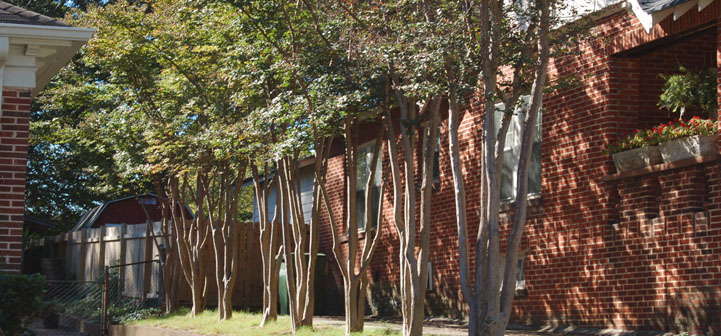Reviewed and Revised on 10/30/2013
Images of air filters (Left-clean; Right- dirty).
- Studies have shown that dirty filters on the return air grille of your heating and cooling systems greatly reduce the efficiency of your system, wasting energy as well your money. Dirty filters can also reduce living comfort by restricting air circulation and not capturing dust particles, allergens and pollutants in the indoor air. Your equipment may have to work harder and its life can get shortened. It is thus important to change dirty air filters before they begin to create problems.
- This articles discusses only the mechanical air filters, electronic air filters are also available in the market for removing pollutants from indoor air.
- Since, filters need frequent inspection and cleaning/change it is best to have a monthly preventive maintenance program, say on the 1st of every month.
- Inspect the filters on the prescheduled day. If dirty replace them. You may also choose to follow manufacture recommended schedule for replacement. Normal recommendation is to change the filters once every 3 months. A more frequent change may be in order if furry pets, smoke,and/ or dusty conditions exist in the home.
- MERV (minimum efficiency reporting value) is a standardized rating system for filter efficiency, developed by ASHRAE. MERV values range from 1-20. Higher the MERV, higher is the filter efficacy in capturing and holding smallest sized dust and pollutant particles.
- Different kind of filters are available in the market today. The disposable ones are pleated and non-pleated.
- The flat non pleated disposable filters have a MERV of 1-4. They can protect the HVAC equipment from dirt buildup on fan motors and coils, but are not considered good for indoor air quality. Because of low MERV value, these have low efficiency on small airborne particles, and medium efficiency on larger particles, as long as these particles remain airborne and can pass through the filter.
- Several small particles found within a house include viruses, bacteria, some mold spores, a significant fraction of cat and dog allergens, and a small portion of dust mite allergens. It is important all of these get removed from the indoor air of a home to ensure healthy indoor living environments for the occupants as well as pets, if any. It is thus important to pay attention to MERV rating when buying air filters.
-
Pleated filters have more surface area, and can capture more particles with less restriction to airflow. They are recommended over basic, flat filters, and are available in a range of filtration efficiencies.
- Medium efficiency filters with a MERV of 5-13 are efficient at removing small to large airborne particles. Filters with a MERV between 7-13 are likely to be nearly as effective as true HEPA filters at controlling most airborne indoor particles. They are generally less expensive than HEPA filters, allow quieter HVAC fan operation, and have higher airflow rates than HEPA filters since they have less airflow resistance.
- Higher efficiency filters with a MERV of 14-16, sometimes misidentified as HEPA filters, are similar in appearance to true HEPA filters, which have MERV values of 17-20. True HEPA filters are normally not installed in residential HVAC systems, because of their physical dimensions and increase in airflow resistance.
- Some residential HVAC systems may not have enough fan or motor capacity to accommodate higher efficiency filters. Therefore, the HVAC manufacturer’s information should be checked prior to upgrading filters to determine whether it is feasible to use more efficient filters.
- Over past few years, reusable filters have become available in the market. With the ability to wash and reuse them over and over again these are considered good for the environment as well as your pocket. However, one should again pay attention to the MERV rating and if one’s schedule allowed to wash them and allow to dry properly at least every 3 months, before buying them.
- Since, air filters require frequent change it is helpful to note the size of all filters needed for your grille somewhere handy, and keep a good supply on hand.
- Care should be taken that furniture, rugs, or drapes do not block supply and return vents.


